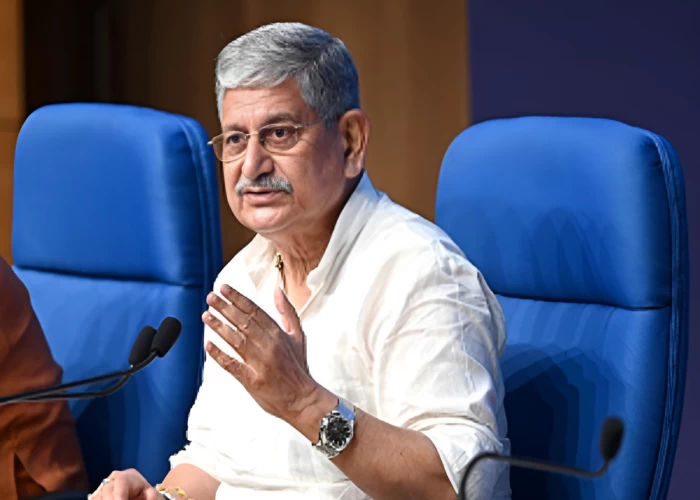
Gangtok: Union Minister for Fisheries, Animal Husbandry, and Dairying Rajiv Ranjan Singh inaugurated and laid the foundation for 50 key projects worth Rs. 50 crores under the Pradhan Mantri Matsya Sampada Yojana (PMMSY) in Guwahati, Assam. These projects cover all North Eastern Region states except Arunachal Pradesh and Mizoram. The Northeastern States Meet to review the implementation of PMMSY was attended by Union Ministers of State Prof. S P Baghel and George Kurian, fisheries ministers from other North Eastern states, Secretary of Fisheries Dr. Abhilaksh Likhi, and several other dignitaries.
In a significant move towards sustainable fisheries development, Rajiv Ranjan Singh launched the Organic Fisheries Cluster in Soreng District of Sikkim, the first of its kind in India. This initiative, under PMMSY, aims to develop organic fisheries and aquaculture in Sikkim, aligning with the state's established reputation for organic and eco-friendly agricultural practices.
The organic fisheries cluster will promote ecologically sustainable fish farming by eliminating the use of harmful chemicals, antibiotics, and pesticides. This approach will minimise environmental pollution and protect aquatic ecosystems, supporting sustainable fish production. Organic products generally command a premium in both domestic and international markets. By developing an organic aquaculture cluster, Sikkim can tap into these markets and enhance the state's agricultural economy while contributing to global sustainable food production efforts.
The National Bank for Agriculture and Rural Development (NABARD) will play a key role in developing the organic fisheries cluster by providing financial and technical support for infrastructure and capacity building. NABARD will also support fishers' cooperatives and the formation of fisheries-based Farmer Producer Organisations (FFPOs) to strengthen the value chain and encourage private investment in aquaculture infrastructure and technology. This initiative is expected to boost local fishers' incomes, promote tourism, and foster sustainable growth in Sikkim's fisheries sector.
The cluster-based approach, central to PMMSY, enhances competitiveness by uniting enterprises across the fisheries value chain. This model improves financial viability, addresses value chain gaps, and creates new business opportunities, supporting sustainable practices. The Department of Fisheries has already notified other clusters in India, including pearl, seaweed, ornamental fisheries, and tuna clusters.
The fisheries sector is crucial to India's economy, providing livelihoods to approximately three crore fishers and fish farmers. India ranks as the world's second-largest fish producer, contributing 8% to global output and leading in shrimp production and export. Since 2015, the Indian government has committed Rs. 38,572 crores through various initiatives to drive sustainable growth in this sector.
BI Bureau


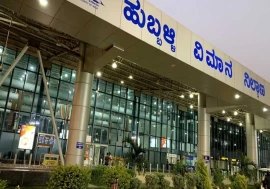
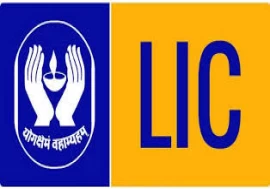
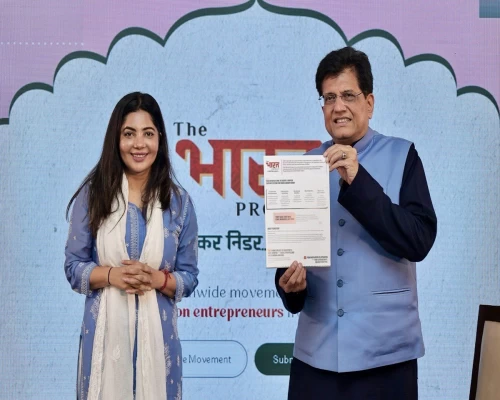
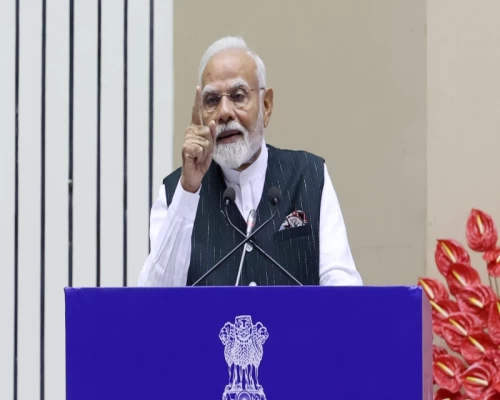
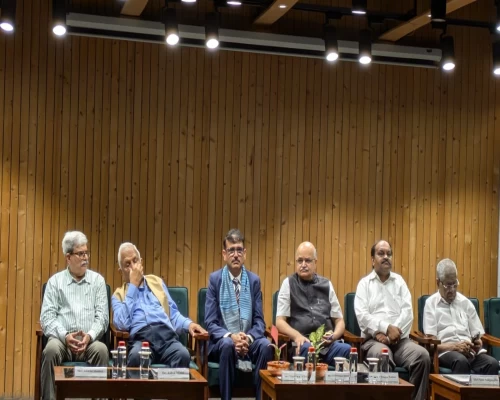
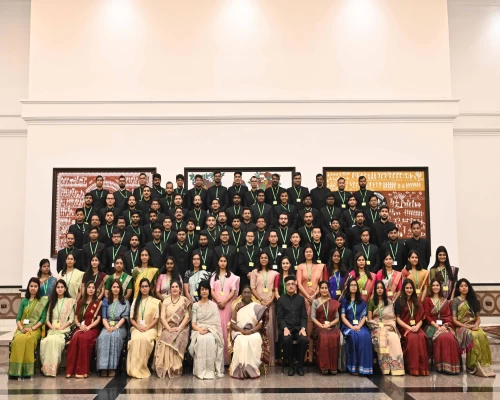
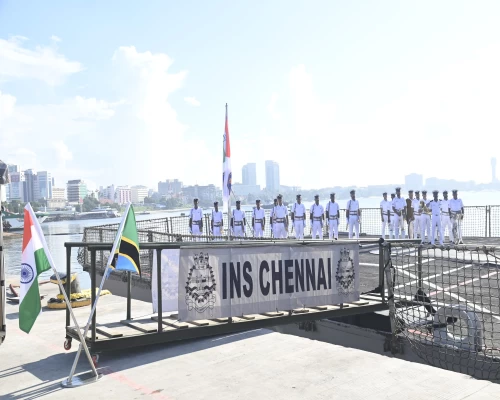
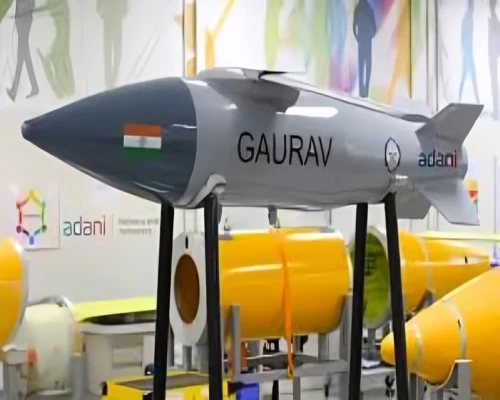
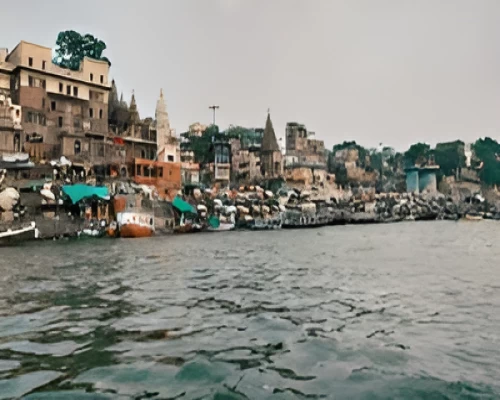
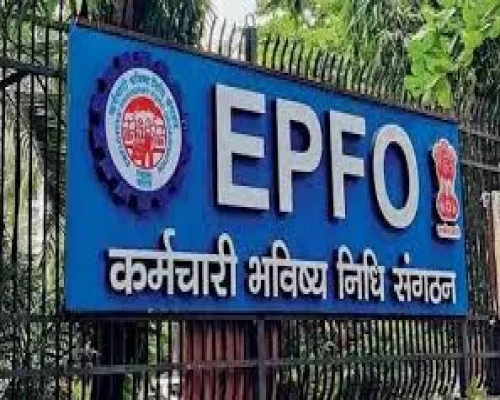
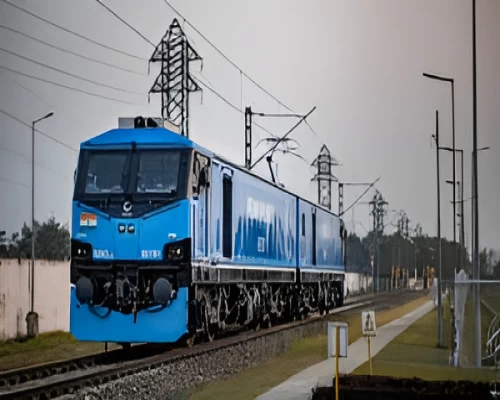
_500_x_400.webp)